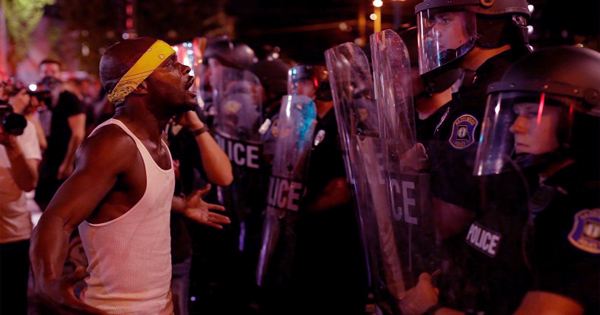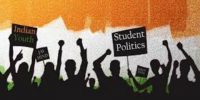Researchers from Harvard T.H., Chan School of Public Health, Massachusetts, used extensive and self-verified databases to report deadly encounters. As protests against police violence continue, new figures show that blacks are 3.23 times more likely than whites to be killed in deadly police attacks in the United States. Their analysis focused on a record 5,494 police-related casualties in the United States between 2013 and 2017, most of them from gunshot wounds. Since the data covered every metropolitan statistical area (MSA) in the United States, in this case surpassing the geographical accuracy of previous work, conclusions can be drawn in both race and region.
Co-authors Gabriel Schwartz and Jacqueline Jahn said in a statement, “Nationally, black people are at higher risk of being killed by police, but in some places, the difference is really huge: Black Chicagoans are 650 percent more likely to die than white Chicagoans.”
Yet in the Atlanta-Sandy Springs-Roswell MSA with the smallest inequality, the greater overall statistics also indicate a major change across the country, with black deaths being 1.71 times higher than white deaths. These areas of the highest black-and-white imperfections have the lowest overall rate of police-related casualties at the same time Northern Midwest and Northeast MSAs.
Schwartz and Jahn said, “The risk of deadly police violence varies from one metro area to another; the death toll in some metros is nine times higher than in other cities, indicating how preventable these deaths are and why so many people are protesting police violence across the country.”
There is a possibility of racial/ethnic misrepresentation because it is not self-reported, and the cause of death can also be misrepresented (e.g. accidentally non-accidental). But the decisions of overriding still stand – racist policing has a deadly effect on black people. Although the researcher’s data are generated from the most extensive source of police-related deaths at the moment, some limitations should be considered. For example, not all incidents are reported.
“This work points to historically extended racism, for example, residential segregation, criminal justice policy, and policing practices across various regions of the United States, as well as contemporary anti-immigrant racism, especially in the Southwest,” Schwartz and Jahn published in their PLOS One publication.














